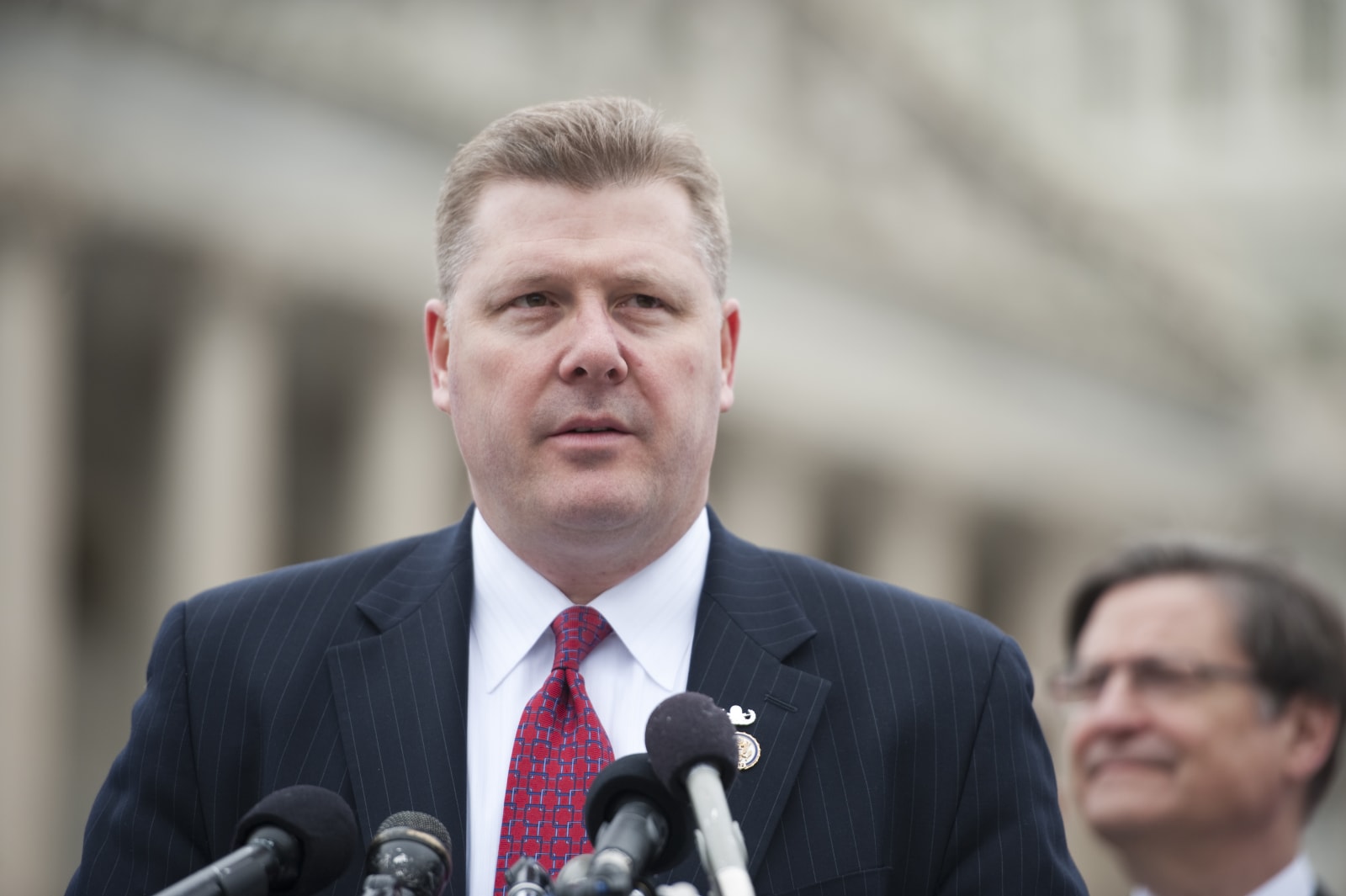US Representative calls for civics-focused social networks

In an article published today in TechCrunch, US Representative Rick Crawford called for a change in how elected officials engage with their constituents on social networks. He compared current options like Facebook and Twitter to a constituent trying to share their thoughts on a proposed law to a committee while a TV was blaring loudly in the background, spewing misinformation about the law and the elected officials. "Unfortunately, the incredible volume of highly politicized, paid advertising and misinformation diminishes the possibility for authentic communication before it even starts," writes Crawford. "The American people and their government need a new platform – or a serious modification of existing platforms – to engage each other in a more effective way."
Crawford goes on to explain that for-profit companies that create the social networks we use today will always take ad money, including funds from politically motivated groups. And he says freedom of speech protects their right to do so and the right of groups to promote their political opinions. "However, political advertising doesn't leave much room for official communication with our constituents, communication that could inform the policy-making process and move us forward as a nation," he says.
Though he isn't sure what it should ultimately be, Crawford proposes a new type of civic social network or a new way to engage on civic matters through the networks we already have. It's an interesting idea, even if it's not fully formed, especially in light of the role social networks played in the last presidential election. Investigations into politically divisive, Russian-purchased Facebook ads are ongoing even a year later.
"I truly don't know what it should look like, but as an elected official experiencing this problem right now, I know that platforms can and should change for the better," Crawford writes. "What I do know is that we should put our collective minds together to create an idea-based debate in a space where money doesn't overwhelm and distort the process. If we can do that, we'll see better public policy, better relationships between officials and the electorate, and an overall improvement in government communication."
Source: TechCrunch
via Engadget RSS Feed "http://ift.tt/2C9XWBt"
Comments
Post a Comment